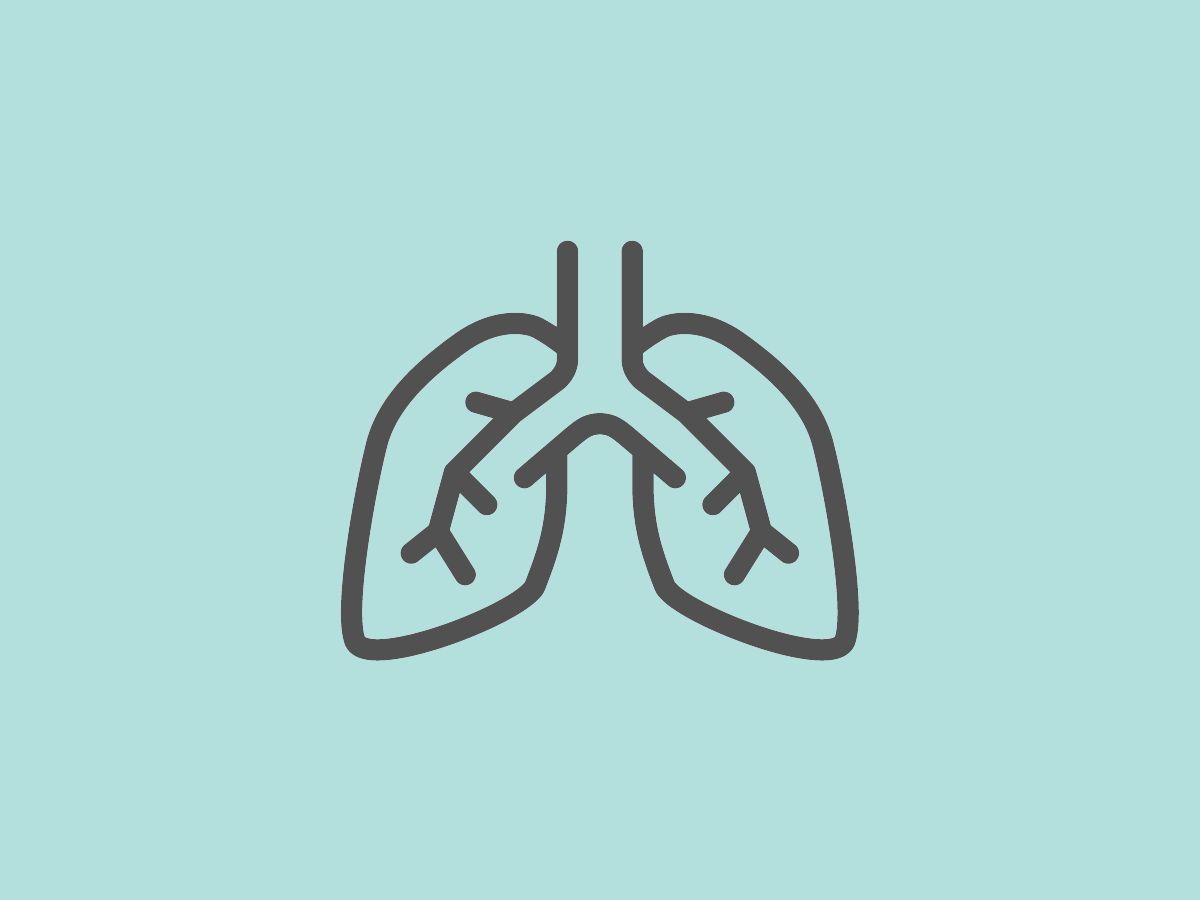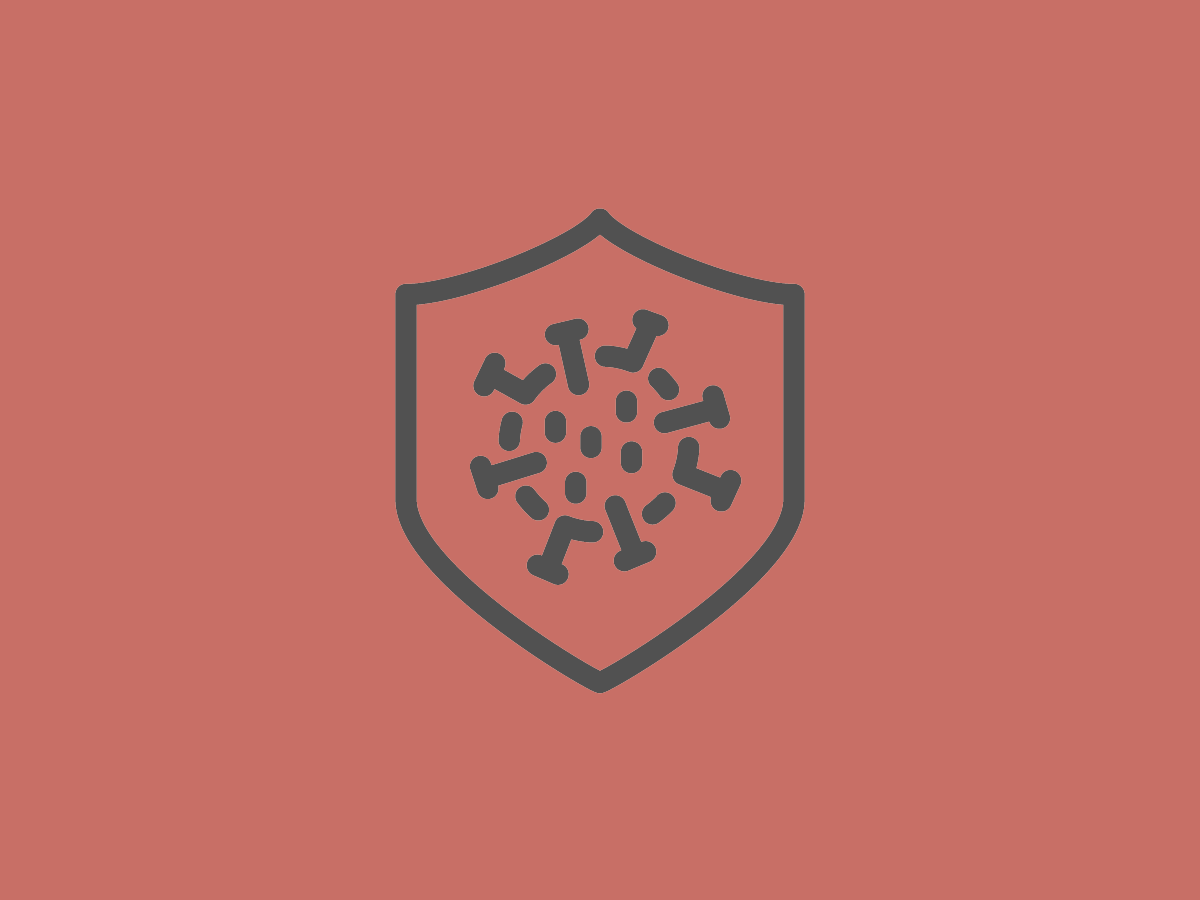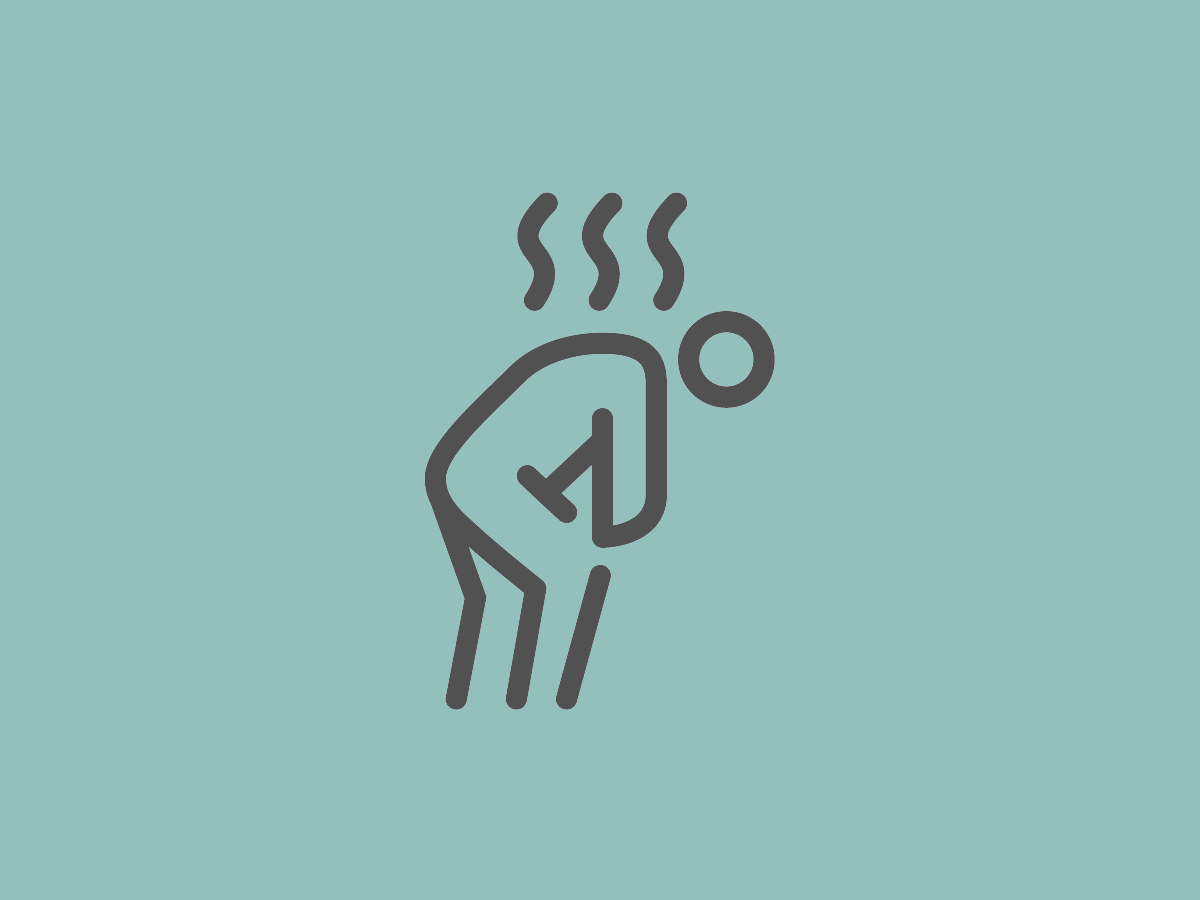
Coronavirus and Quarantine in Canada
By now, many of us are weeks into quarantine to help prevent ourselves and others from contracting COVID-19. We’re trying to settle into what many people are calling “the new normal,” and we’re trying to figure out how to handle this change in lifestyle. Simple activities that once filled our days—going to the office, going out for dinner, going for a stroll in the park—suddenly feel like “impossible luxuries,” as Anna Wintour recently called them. Now, our days are filled with at-home activities that we try to do while being haunted incessantly by the uncertainties that await us and our loved ones. It can be hard, at times, to concentrate, to set goals, to have hopes, when we’re not sure what the future holds, so we’re seeking insight into the pandemic from those who know best.
BH spoke with Dr. Howard Ovens, Chief Medical Strategy Officer, Sinai Health System and staff emergency physician at Mount Sinai Hospital, to learn how Canadian hospitals are handling the virus and what that means for us all. Although no one can know for sure what lies ahead, Dr. Ovens, being the Ontario Expert Lead for Emergency Medicine and having learnt many lessons from the SARS epidemic in 2003, can help us understand how life could look for us in a few days, weeks, months, and years.
Also, each week, Dr. Ovens gives an overview on what’s happening with COVID that week, then interviews a Sinai Health leader from a different specialization to learn first-hand how the pandemic is changing every aspect of care. Listen to the Champions of Sinai podcast.

What is it like inside hospitals right now?
In Toronto, and I think in general in Ontario, hospitals are in pretty good shape. We’ve really reduced our non-emergent activity in order to free-up beds, staff, and supplies for a coming wave of COVID-related patients. At this point, the number of COVID patients are controllable, so we have capacity. We’re in an at-the-ready position, and we’re just waiting to see how things will unfold.

Should we try to avoid hospitals at this time?
There’s a lot of fear about going to emergency departments. We don’t want you to come here for minor things, including just having some sniffles and hoping to get tested for COVID—there are assessment centres for that. But if you think you have an emergency, don’t delay. Some people are really sick, either related to COVID or all the other things we always see in the emergency department (appendicitis, broken bones, heart attacks), and they need attention. We want them to feel safe and come in to get assessed.

What can Canadians do to help healthcare workers or make their jobs any bit easier?
The single most important thing is follow public health guidelines to flatten the curve, because the key difference between what I described and hospitals in New York, or recently many hospitals in Spain and Italy and other parts of Europe, is that the number of cases does not exceed our ability to manage them and continue to apply modern standards of care—in other words, to ensure the health care system doesn’t get overwhelmed. We can do our part in terms of getting our staff ready, emptying beds, things like that, but we can’t change the demand side, which relates to how many new cases there are. So, we rely on the Canadian public to follow all of the Canadian public health guidelines on physical distancing, staying home if they don’t feel well at all, using good hand hygiene when they must go out. Those are the most important things.

How does the coronavirus pandemic compare to the SARS epidemic?
The main thing is although they’re from the same family, SARS was a very different virus. It was much less contagious, and it was much more deadly. It was specifically contagious when you were in the advance stages of illness, and that tended to be a time when you were already in the hospital. So, on the one hand, that combination of things made it a much more dire threat to hospital workers because the main place where you could encounter the virus was in the hospital, caring for patients. And if you did contract it, even if you were young and healthy, you faced a very good chance of getting critically ill and even of dying.
The flip side of that was, once we figured all that out, we were able to learn from the experience and identify where cases were and isolate them, as hospitals are finite, contained spaces. That led to the actual elimination of the virus from the world, and it hasn’t been seen since 2003.
This virus is contagious with a milder illness, so, unfortunately, most of the people who are contagious are walking around in the community. That’s why we’ve really passed the stage where elimination of the virus in the world is no longer possible.
For hospital workers, we need to be very careful to protect ourselves, but the hospital is not the only place where we can encounter the virus. We can also encounter it at the grocery store, or in our homes from other people in our families who may have encountered it when they were out and about. This is why, even for hospital workers, it’s important for us to not only follow precautions at work but also follow the same precautions as everyone else when we’re not at work.

How do you keep healthcare teams informed, motivated, and safe?
First of all, the teams that are most involved in this—emergency departments, infectious disease, intensive care, internal medicine—they know what their job is, and they’re keeping extremely up-to-date on all the latest information by reading on the internet, watching the news, talking to each other and local experts, and getting advice from the hospital and from public health providers in Toronto and Ontario.
I think they feel honoured to be able to help in this fight in a very important and constructive way. I think they’d rather be at work with their colleagues, facing this fight, than sitting at home watching Netflix, for instance.
What leaders need to do to maintain that esprit de corps is making sure the teams are well-informed on what we’re doing here or at any hospital. It’s very important to keep the teams up-to-date on the latest numbers in the hospital, what we’re doing around care, and flow, and personal protective equipment. And, it’s important for leaders to be visible, to show we’re all in this together.

Since this is a new virus, how do we know it’s being treated the correct way?
In a recent video that has gone viral, Dr. Cameron Kyle-Sidell, from New York, says the way doctors are treating patients may be incorrect. He believes “it is highly likely that the high pressures we’re using are damaging the lungs of the patients we are putting the breathing tubes in.” What are your thoughts?
I didn’t see that video, but I’ve heard that from him and other sources. Our critical care docs and critical care teams are in conversations and have been talking about what the best way is to support and where necessary ventilate these patients. They’re talking about whether intubation and ventilation is the best strategy for at least a subset of these patients that may do better just with oxygen therapy without a ventilator.
There’s been a lot of discussion about this. One of our big advantages is that information spreads at the speed of light today, all around the world. When something important is learnt within the public health community, the critical care community, and the emergency medicine community, we share it very quickly.

What do you expect to happen in the next few weeks?
That’s the question that’s foremost on everyone’s mind. Again, speaking locally, we have seen that the growth in cases in critically ill patients has not been an exponential explosion, like it has been in some other communities. As a result, the healthcare system is not overwhelmed. As long as physical distancing stays in place, I am guardedly optimistic that we will continue to remain within our control and capacity to manage the sick people. Then, at some point, we will not just see the rate of rise slow or steady. At some point we’ll see a signal, I hope, that cases are declining. That’s what we all really want to see.

What will happen when we hit the peak? What happens after the peak?
Hopefully, we will be working within our capacity and nothing will change when we hit the peak. When we get passed the peak, and we see that we’re actually on the downside, then that’s when we start to face some very important decisions about how we move forward in a gradual and sustainable way. How do we keep the community’s cooperation? How do we start to allow the economy to move a little bit more without causing a complete explosion and second wave?
From what I read about what’s going on in the rest of the world, and from what I understand of this virus, I hope we’ll prepare ourselves for the day when the numbers are declining by having our lab capacity, our testing strategy, and our public health’s ability to act on positive cases ramped up so that we could start to gradually liberalize some of our physical distancing restrictions. This could include increasing the number of businesses that are allowed to be opened, but we’d do that while keeping a careful surveillance on the number of cases through our testing strategy, through our ability to do more tests per day in our labs, and by public health reacting to every single positive test by making sure people are isolating and tracing their contacts.
Experience in other countries suggests that if we do that well, we could slowly start to open up our society again, while monitoring the number of cases. If things go really well, we could continue to liberalize. If the number of cases start to increase, we could always go back to a more restrictive situation until they’re under control again.
Thomas Puyejo has referred to this as “the hammer and the dance” in his story for Medium, and I think it’s a very nice metaphor. What he means is what we’re doing right now is the hammer—hitting society very hard with very restrictive guidelines in order to get the outbreak under control. We’re preparing ourselves for the moment when they are under control, to do that dance with the virus over the next perhaps year or more until we have a vaccine. This is when we would be increasing social and economic activity, watching the number of cases, ramping down where we had to if numbers increased, and dancing around with the virus to keep everything at a very controllable level.

How long will quarantine last?
I’ve been reading a lot about what’s going on in the world, and what we’ve seen in some of the communities that were affected before us, and were fairly successful in getting the first wave under control, is that the first wave can take somewhere between six and ten weeks to gain control of. I think that’s a pretty good rule of thumb about how long this so-called hammer phase seems to last. I think we really went into serious physical distancing a little over two weeks ago [March 23]. I think we’re in our third week now.

How will COVID-19 change the way we live our lives after quarantine?
In the post-hammer phase, the virus will still be around in the world, but we’re trying to live our lives as normally as we can, without causing another flare of the outbreak. During that phase, I think we’re going to have to continue to do things like stay home when we’re sick, wash our hands frequently when we go out, keep some physical distance from people wherever possible. That may mean doing things like if we open restaurants, making sure the tables are a little farther separated than previously, if we open gyms, making sure the spacing of mats and bikes is a little farther apart from before, and increasing the cleaning in public places.
Travel will be difficult for quite some time. If you allow international travel, you’re only as safe as the weakest hotspot in the world. Unless you take precautions and are careful about who you allow on a plane or make people isolate on arrival in a new country, travel will be very difficult. That will be true until we either have a vaccine or have herd immunity, which may be anywhere from a year to 18 months.

What happens next? How can we prevent another pandemic like this from happening in the future?
At some point we’ll get beyond this, just as we got beyond SARS, and then the question is what’s the new normal after that. It’s a little early to be looking that far ahead, but hopefully, we will learn the lessons we have been warned for many years that a pandemic, just like a change in the business cycle, is inevitable—we just don’t know when it’s going to happen. Pandemics are a perennial part of life on this planet, and they are far enough apart that we see to forget the lessons we learn each time.
Experts warned us that we need to be better prepared. So hopefully, in the future, we’ll continue to learn from this experience, fund our public health strategies adequately, and have the resources in place to respond quickly to a possible new pandemic and maintain our science, and our vaccine capabilities. Hopefully, people will learn to change their personal habits to maintain the idea that when you’re sick you owe it to everyone to stay home, and to practice good hand hygiene. Those are things we can certainly incorporate into our lives indefinitely.

Are hospitals in need of donations?
Individuals and businesses have been donating personal protective equipment they may have that they don’t urgently require for their own safety. Other people have been improving morale by sending donations of food and coffee and messages of support, and banging their pots and pans. I think they really contribute to a spirit of community—that we’re all in this together—and they encourage everybody to follow the directions we’ve been given.
In terms of where or how to donate, I think every hospital is managing that separately. I can speak for Sinai Health, if you’d like to donate financially, that would be a huge help. We’ve created a special fund to help support the hospital during the pandemic, which we call the CEO Fund. (Donate here.)
I’d love people in Vancouver to give to St. Paul’s (donate here) or other local hospitals, or for people in Medicine Hat to give to their community hospital and so on.
(Editor’s note: If you’d like to donate material, personal protective equipment, or food to Sinai Health, send us a message on Facebook or Instagram, and we’ll connect you with Dr. Ovens.)
This interview has been edited and condensed for clarity.
Next, learn the answers to your quirky questions about coronavirus.
